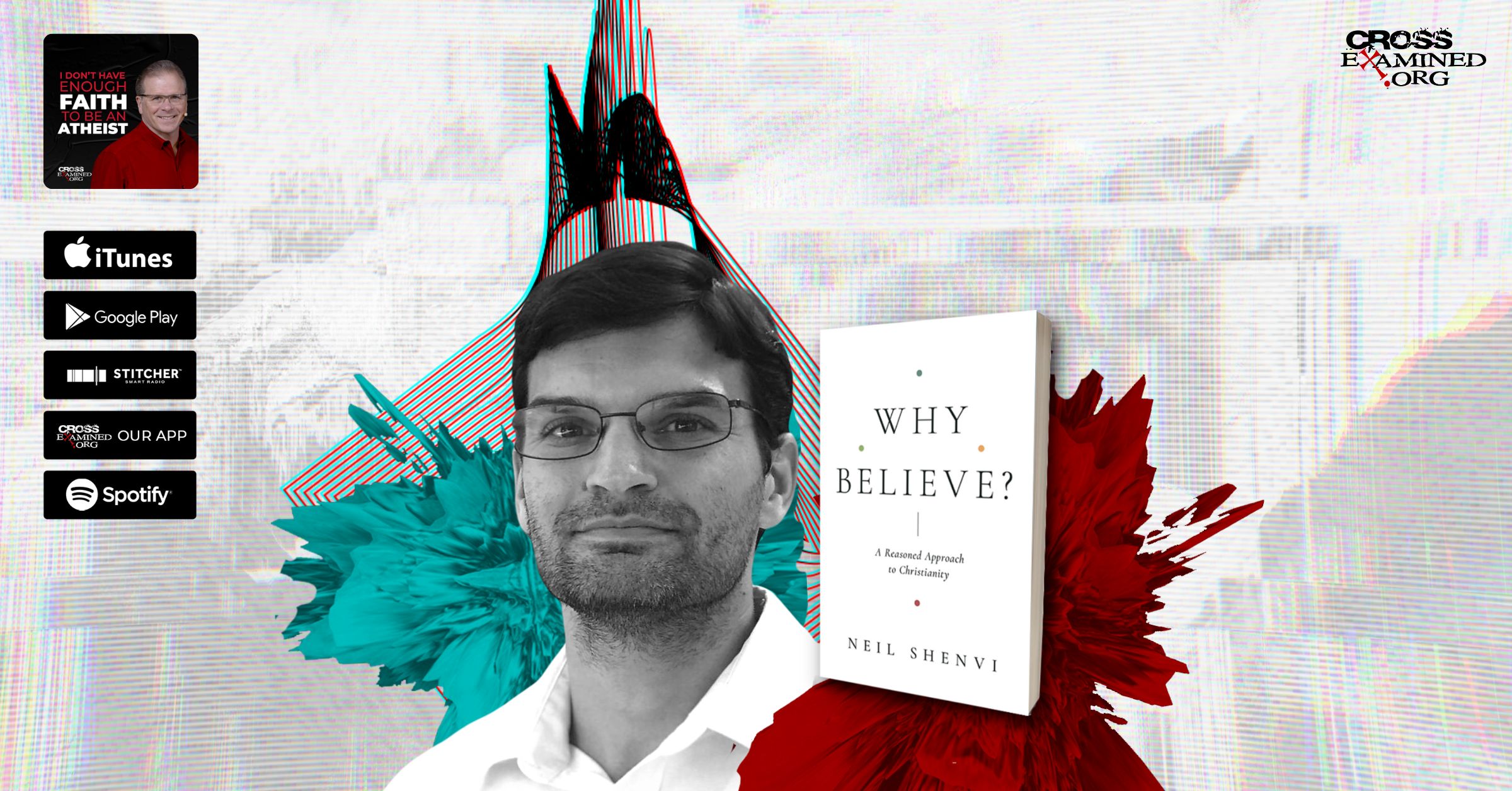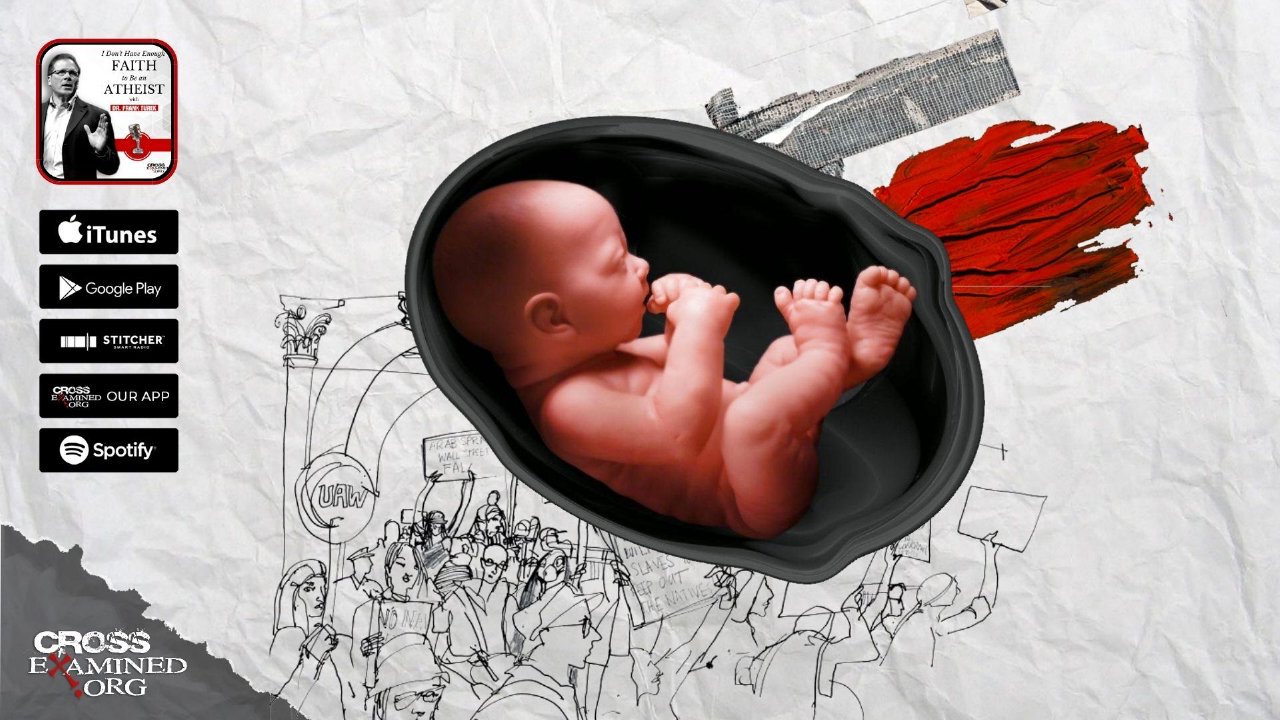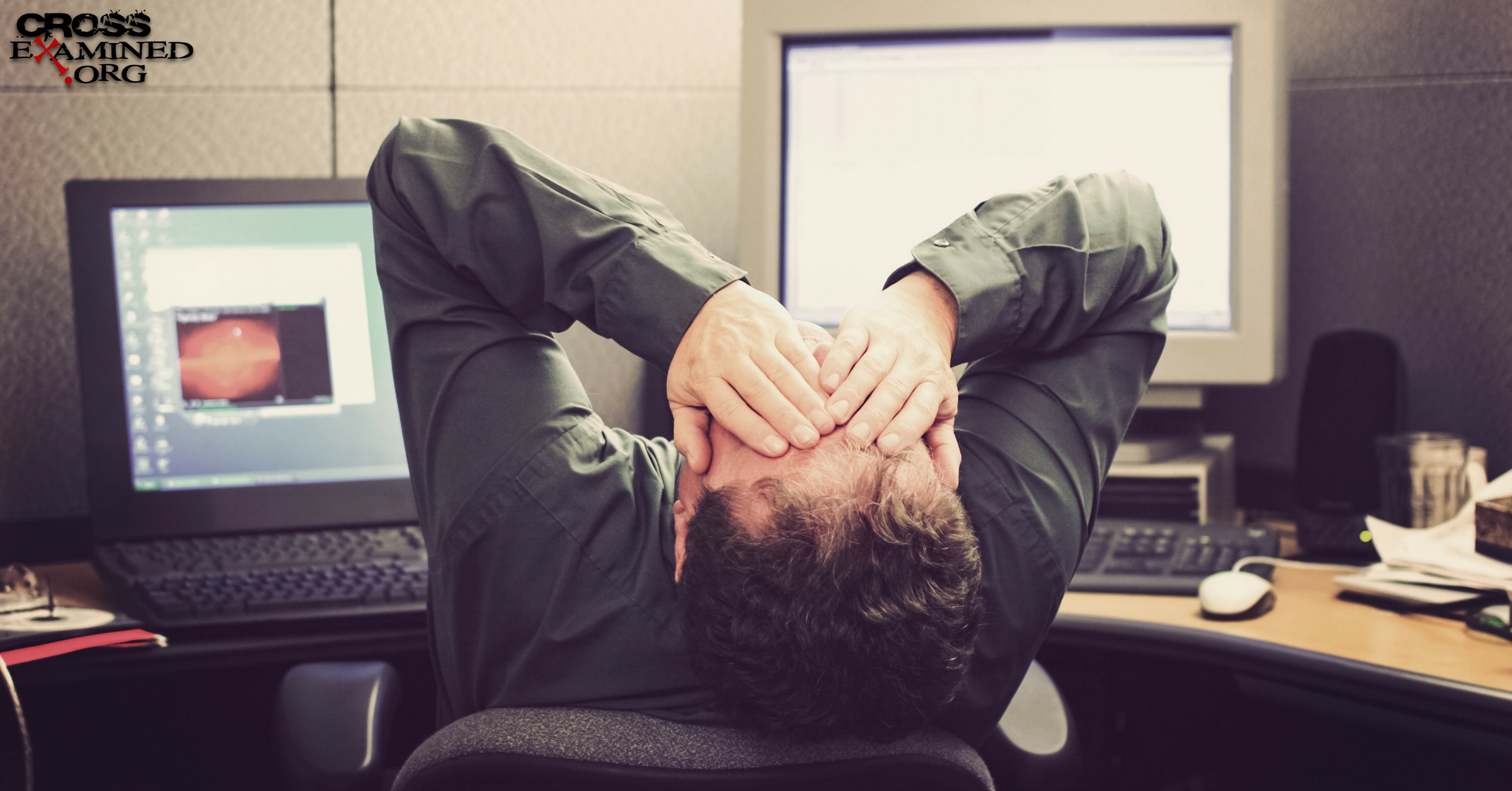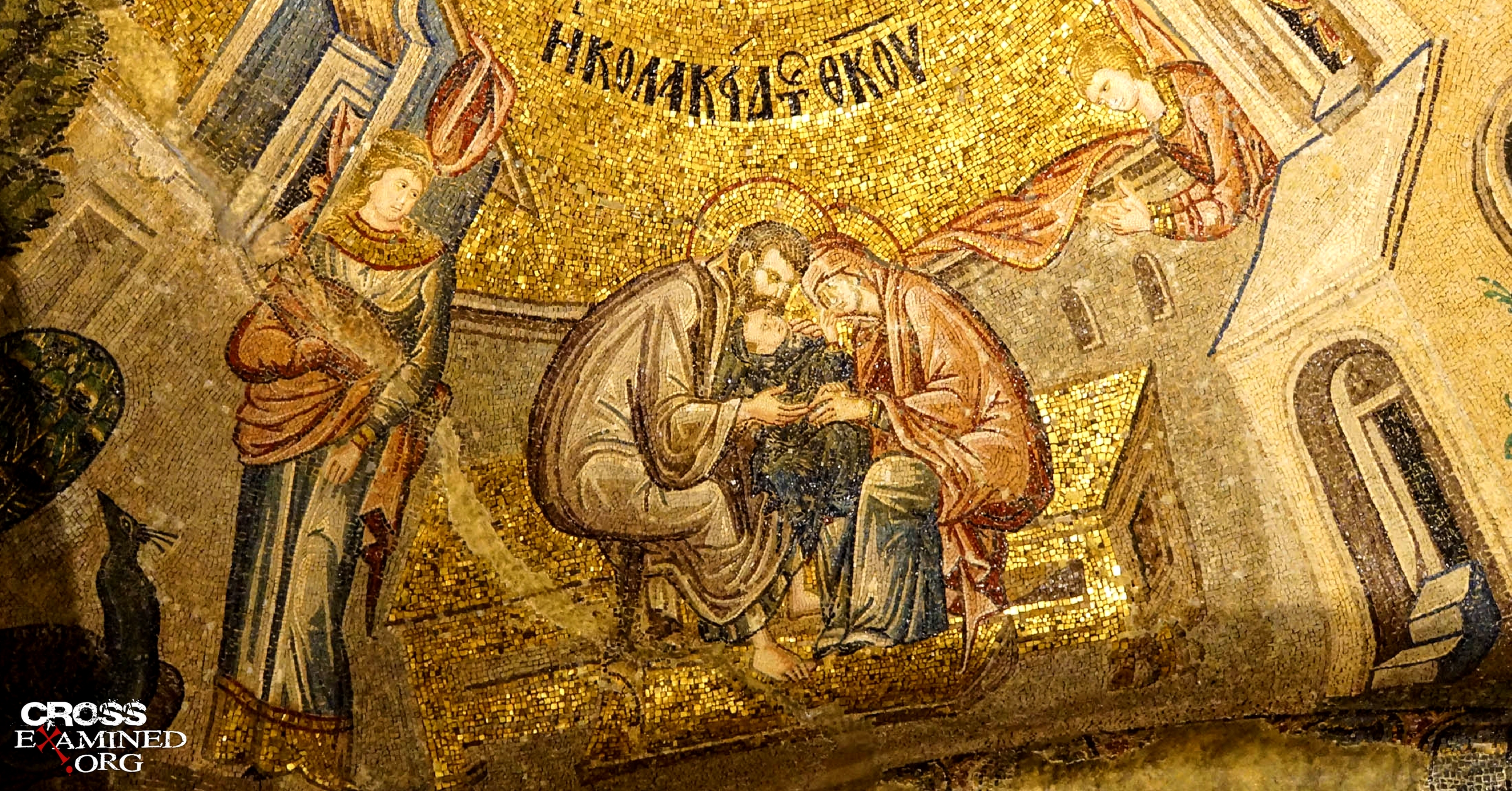The Miracles in Acts, and Their Evidential Value
The book of Acts recounts various miracles performed by Paul and the other apostles, as well as the deacons Stephen and Philip. If it can be shown that these miracle reports substantially represent the testimony of these individuals, then this is an important aspect of the testimony that must be accounted for. For reasons I have discussed at length previously, there is strong reason to believe that the apostles sincerely believed what they claimed. As William Paley puts it,
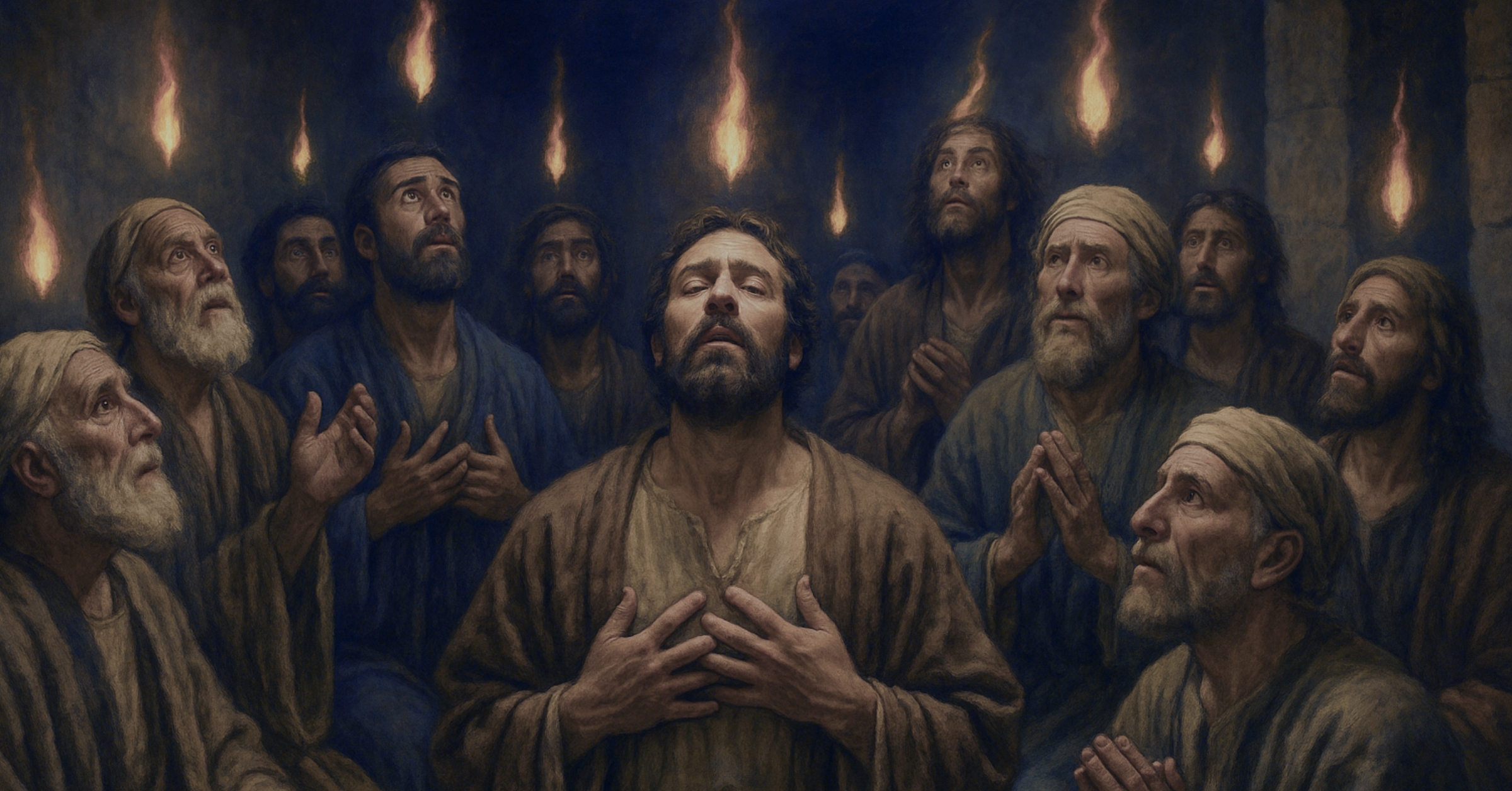
“there is satisfactory evidence that many professing to be original witnesses of the Christian miracles, passed their lives in labours, dangers, and sufferings, voluntarily undergone in attestation of the accounts which they delivered, and solely in consequence of their belief of those accounts; and that they also submitted, from the same motives, to new rules of conduct.”[i]
Since these purported miracles are often not of a type about which one can plausibly be sincerely mistaken, a demonstration that these claimed miracles represent the testimony of those who allegedly performed or witnessed them is of significant evidential force in confirming the truth of Christianity.
The Miracles of Acts
What are the miracles of the apostles and deacons that are alleged by the book of Acts? Below is a comprehensive list:
- The apostles perform “many wonders and signs” at Pentecost (Acts 2:43).
- Peter heals a man lame from birth (Acts 3:2-10) — the Jewish authorities recognized that “a notable sign has been performed through them is evident to all the inhabitants of Jerusalem, and we cannot deny it” (Acts 4:16).
- Peter strikes Ananias and Sapphira dead on command — as God’s judgment for lying about the price obtained for their land (Acts 5:1-11).
- The apostles perform various healings and exorcisms (Acts 5:12-16).
- The apostles are broken out of prison by an angel (Acts 5:18-19).
- Signs and wonders were performed by Stephen, one of the appointed deacons (Acts 6:8).
- Various signs, healings and exorcisms were performed by Philip, one of the appointed deacons, in Samaria — including healings of the paralyzed or lame (Acts 8:6-7).
- Philip is snatched by the Holy Spirit from the road to Gaza and placed in Azotus (Acts 8:39).
- Paul’s conversion on the road to Damascus (discussed in detail here), blindness, and healing after three days at the hands of Ananias — after Ananias has received a vision concerning Paul, and Paul a vision concerning Ananias (Acts 9:1-18; 22:6-13; 26:12-18).
- Peter heals Aeneas, a paralytic for eight years, in Lydda, leading to the conversion of the residents of Lydda and Sharon (Acts 9:33-35).
- Peter raises Tabitha/Dorcas from the dead, leading to many conversions (Acts 9:36-42).
- An angel breaks Peter out of prison (Acts 12:6-11).
- Paul strikes Bar-Jesus/Elymas (a Jewish false prophet who had opposed Paul and Barnabas and sought to turn the Proconsul, Sergius Paulus, away from the faith) blind on command, a feat so convincing that it results in the conversion of the Proconsul (Acts 13:9-12)
- Paul and Barnabas perform miraculous signs in Phrygian Iconium (Acts 14:3)
- Paul heals a man who has been lame from birth (Acts 14:8-10)
- Paul and Barnabas speak at the Jerusalem council, about “what signs and wonders God had done through them among the Gentiles,” (Acts 15:12).
- Paul exorcises a spirit of divination, meaning that a slave girl’s owners were no longer able to use her for fortune telling — leading to the imprisonment of Paul and Silas in Philippi (Acts 16:15-24).
- Paul and Silas are freed from prison (where their feet had been fastened in stocks) by an earthquake (Acts 16:26).
- God does “extraordinary miracles by the hands of Paul, so that even handkerchiefs or aprons that had touched his skin were carried away to the sick, and their diseases left them and the evil spirits came out of them,” (Acts 19:11-12).
- Paul raises Eutychus from the dead, after he falls from a third-story window (Acts 20:9-10).
- Paul survives being bitten by a viper (Acts 28:3-6).
- Paul heals the father of Publius, who “lay sick with fever and dysentery,” as well as others, on the island of Malta (Acts 28:8-9).
These miracle reports are of varying evidential value. For example, no specific details are supplied regarding the miracles of Stephen. Moreover, there are, at least at the present time, no venomous snakes on the island of Malta, and it was a common ancient belief that all snakes were venomous — thus, I do not repose particularly much weight on Paul’s surviving a viper bite on Malta. Moreover, Paul’s healing of the father of Publius on Malta represents another case where one might postulate that those reporting the healing were sincerely mistaken. For example, It is possible that the father of Publius was already on the path to recovery when Paul prayed over him, leading to a mistaken belief that the healing was miraculous. Fever and dysentery can often resolve on their own. Nonetheless, the significant majority of the miracle reports listed above are extremely difficult to be sincerely mistaken about. I shall now turn to the task of arguing that these miracle reports, delivered to us by Acts, in fact represent the testimony of those who are alleged to have performed or witnessed these instances of special divine action.
The Miracles of Paul
Paul indicates in his letters that he performed miracles in attestation of his apostolic claims. For example, he wrote to the church in Corinth, “The signs of a true apostle were performed among you with utmost patience, with signs and wonders and mighty works,” (2 Cor 12:12). Note that this appeal is made to an audience who had in their midst individuals who doubted Paul’s apostolic credentials. It was risky to appeal to such miracles if there were no such convincing miracles to speak of that could be brought to the minds of his critics. There is a similar passage, indicating that Paul performed miracles, in his letter to the Romans:
“For I will not venture to speak of anything except what Christ has accomplished through me to bring the Gentiles to obedience—by word and deed, by the power of signs and wonders, by the power of the Spirit of God—so that from Jerusalem and all the way around to Illyricum I have fulfilled the ministry of the gospel of Christ,” (Rom 15:18-19; emphasis added).
Though Paul does not indicate what those signs purportedly involved, we read in Acts about the sort of miracles that Paul performed (see the list given above).
To what extent can we be confident that these miracle reports are representative of Paul’s own claims? Of course, there is the general case for the author of Acts being a travelling companion of Paul and someone who was in the habit of being scrupulous and one who received reliable information from Paul concerning his itinerary and activities (an argument which I and others have laid out extensively elsewhere). Luke appears to have been present with Paul, beginning in Acts 16:10, though the “we” passages trail off when Paul passes through Philippi (the last use of the “we” pronoun, ἡμῖν, being in Acts 16:16) and commence again when Paul passes back through Philippi some seven or eight years later (Acts 20:6), continuing through the remainder of the book. This suggests that the author remained behind at Philippi, and subsequently rejoined Paul later when Paul again passed through Philippi. Thus, we may infer that Luke’s primary source for the events for which he was not himself present was Paul himself. Moreover, I have argued previously, at some length, that there is more direct evidence that the report of Paul’s conversion on the road to Damascus (given in Acts 9, 22, and 26) represents Paul’s testimony, since various specific aspects of it are independently confirmed by Paul’s letters. This would presumably have included his three-day blindness and subsequent healing at the hands of Ananias, after Ananias and Paul both experienced a vision concerning each other (this event is mentioned in the account in Acts 9, as well as in Acts 22).
But what about other miracles are associated with Paul?
* Stay Tuned for Part 2 of “Miracles in Acts” by Jonathan McLatchie*
References:
- William Paley, A View of the Evidences of Christianity, Reissue Edition (Cambridge: Cambridge University Press, 2009).
- Strabo, The Geography of Strabo. Literally Translated, with Notes, in Three Volumes., ed. H. C. Hamilton (Medford, MA: George Bell & Sons, 1903), 71–72.
- Ben Witherington III, The Acts of the Apostles: A Socio-Rhetorical Commentary(Grand Rapids, MI: Wm. B. Eerdmans Publishing Co., 1998), 399–400.
- Colin J. Hemer, The Book of Acts in the Setting of Hellenistic History, ed. Conrad H. Gempf (Winona Lake, IN: Eisenbrauns, 1990), 110.
- P. Ovidius Naso, Metamorphoses, ed. Arthur Golding (Medford, MA: W. Seres, 1567).
[i] William Paley, A View of the Evidences of Christianity, Reissue Edition (Cambridge: Cambridge University Press, 2009), proposition 1 (preface).
Recommended Resources:
Miracles: The Evidence by Frank Turek DVD and Mp4
Two Miracles You Take With You Everywhere You Go by Frank Turek DVD, Mp3 and Mp4
Why We Know the New Testament Writers Told the Truth by Frank Turek (DVD, Mp3 and Mp4)
Can All Religions Be True? mp3 by Frank Turek
Dr. Jonathan McLatchie is a Christian writer, international speaker, and debater. He holds a Bachelor’s degree (with Honors) in forensic biology, a Masters’s (M.Res) degree in evolutionary biology, a second Master’s degree in medical and molecular bioscience, and a Ph.D. in evolutionary biology. Currently, he is an assistant professor of biology at Sattler College in Boston, Massachusetts. Dr. McLatchie is a contributor to various apologetics websites and is the founder of the Apologetics Academy (Apologetics-Academy.org), a ministry that seeks to equip and train Christians to persuasively defend the faith through regular online webinars, as well as assist Christians who are wrestling with doubts. Dr. McLatchie has participated in more than thirty moderated debates around the world with representatives of atheism, Islam, and other alternative worldview perspectives. He has spoken internationally in Europe, North America, and South Africa promoting an intelligent, reflective, and evidence-based Christian faith.
Originally posted at: https://bit.ly/443zf3W


